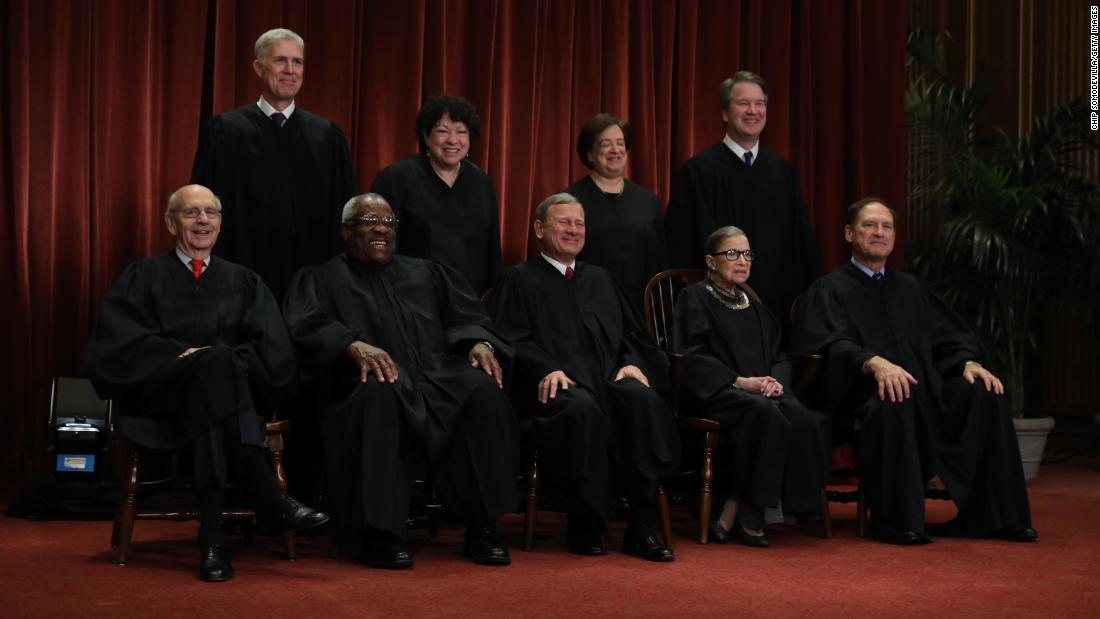In many ways the Supreme Court is less powerful than the other branches. Ultimately the court’s role is to interpret the constitution and decide whether a statute or law is in disagreement with the constitution. This court generally decides on whether something is unconstitutional or not when a suit is brought forth. Additionally, the legislature may amend the constitution and change the rules by which the Supreme Court judges the cases brought before it. To make things a little more complicated, a State may choose to ignore a federal law or Supreme Court decision.
Not to say that there isn’t a danger in having an ideological extremist Supreme Court, but a life appointment and a rather narrow judicial scope typically means an appointed justice may tell any politician, the president included, to go **** themselves with no political repercussions. At that point the justices are no longer playing the “game” but instead involved with the more important work of immortalizing their opinions on and setting precedent for the interpretation of constitutional law. It may do people well to remember that although the Chief Justice is conservative, his political ideology has had mostly little bearing on his opinions and rulings.
All of that said, the court has made some blunders in the past even with a 4 vs 4 and a swing vote that could go either way, looking at you federal reserve, and it would be foolish to expect them not to blunder again in the future, regardless of the justices’ upbringing. Just because the best the current president can offer to the Republican Party at this point is nominating conservative Supreme Court judges does not mean that that is indeed the most important thing a president could do.













